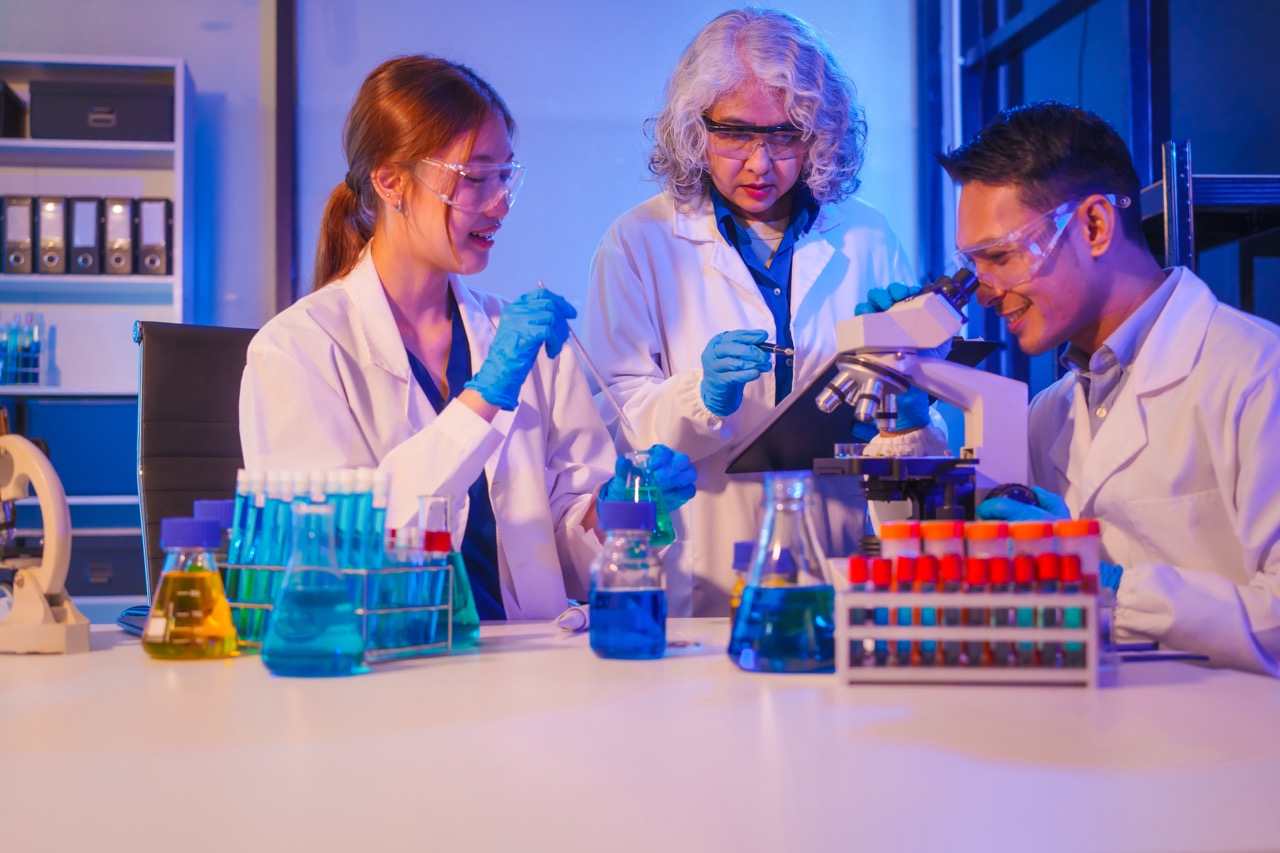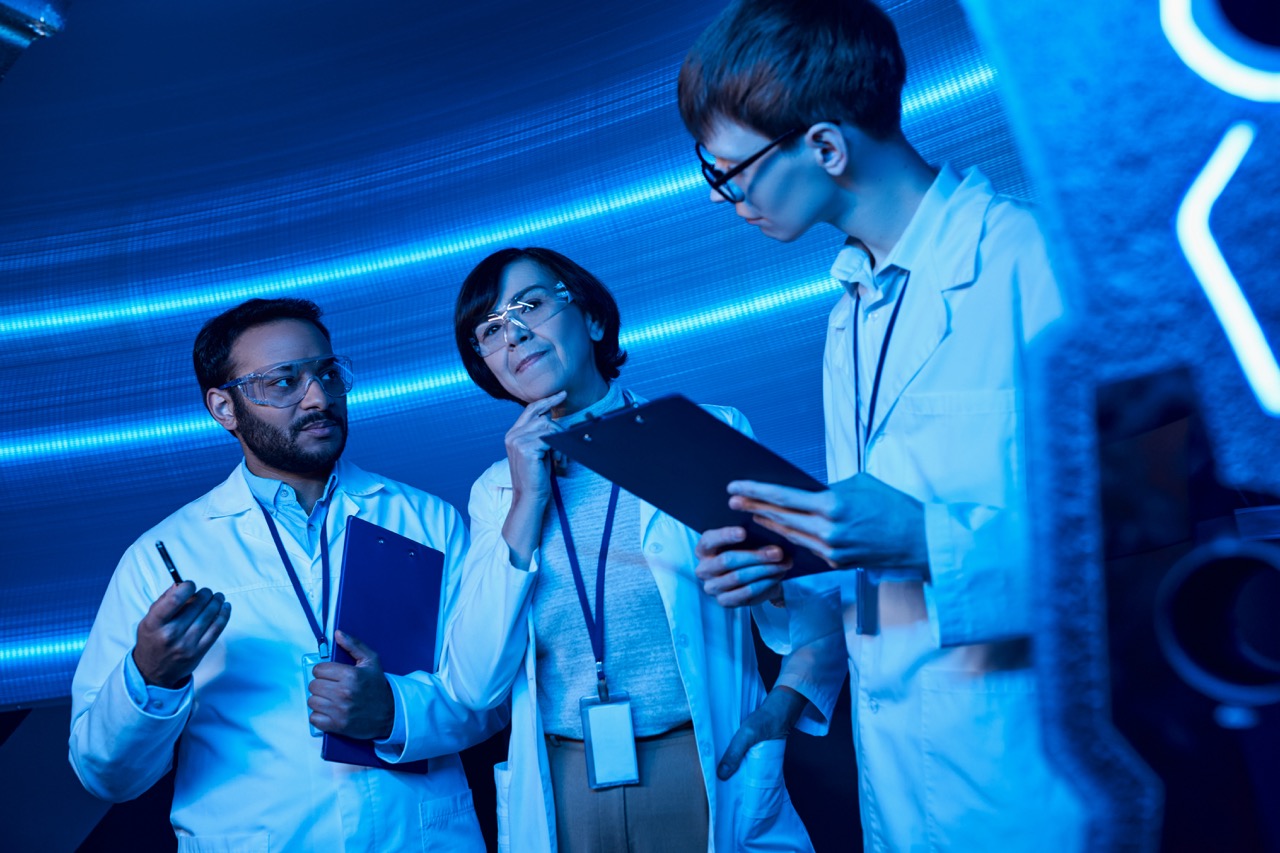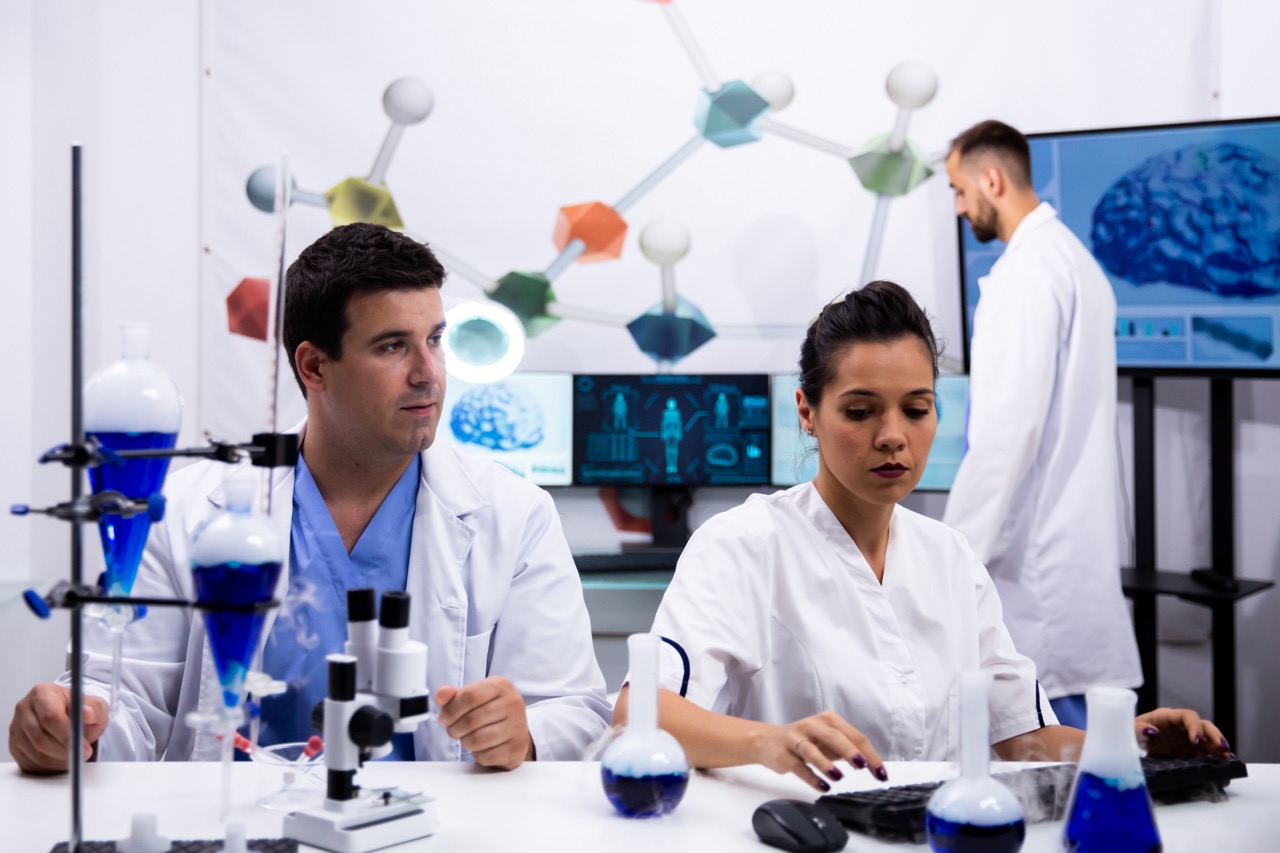The ethical debate surrounding laboratory research on human embryos has become increasingly complex in recent years, as rapid advancements in biotechnology raise significant moral questions. While scientific progress often promises breakthroughs in medicine and reproductive health, it also presents unique ethical dilemmas regarding the potential for human life and the implications of manipulating it at such an early stage. This article will explore the current landscape of embryo research ethics, weigh the scientific benefits against ethical concerns, and discuss the necessity for balanced regulations and public policies.
Understanding the Current Landscape of Embryo Research Ethics
The ethical landscape of research involving human embryos is primarily shaped by competing philosophical, religious, and scientific perspectives. At its core, the debate revolves around the definition of human life and the moral status of embryos. Proponents of embryo research argue that human life begins at conception, granting embryos a unique moral consideration that must be respected. Conversely, many scientists maintain that embryos, particularly at the blastocyst stage, lack the characteristics that confer personhood, thus allowing for their use in research intended to alleviate suffering and advance human health.
In many jurisdictions, laws and regulations govern the use of human embryos in research. For example, the National Institutes of Health (NIH) guidelines in the United States permit the use of surplus embryos from fertility treatments but place strict limitations on the creation of embryos for research purposes. These legal frameworks reflect a growing recognition of the ethical complexities involved, aiming to strike a balance between scientific inquiry and moral responsibility. Globally, there is a patchwork of laws, with countries like the UK permitting certain types of embryo research under rigorous ethical oversight, while others impose outright bans.
As societal views on bioethics evolve, public opinion continues to influence the framework of embryo research ethics. The rise of bioethics as an academic discipline has brought renewed focus to these discussions, with interdisciplinary approaches drawing from philosophy, law, and science. As a result, there is an emerging consensus that ethical deliberation surrounding embryo research must be ongoing, adaptive, and informed by both scientific advancements and societal values.
The Scientific Benefits: Advancements Through Embryonic Studies
Embryonic research holds significant potential for advancing our understanding of developmental biology and addressing complex health issues. By studying human embryos, scientists can gain insights into the mechanisms of early human development, uncovering the causes of congenital disorders and infertility. This foundational knowledge has the potential to inform future medical interventions, such as preimplantation genetic diagnosis, which can help identify genetic disorders before pregnancy.
Furthermore, research involving human embryos has been instrumental in the development of stem cell therapies. Embryonic stem cells, which possess the ability to differentiate into various cell types, are crucial in regenerative medicine. They offer promise for treating conditions such as spinal cord injuries, heart disease, and neurodegenerative disorders. The potential to regenerate damaged tissues and organs could revolutionize treatment approaches and improve the quality of life for millions of patients worldwide.
Additionally, advancements in embryo research have implications for in vitro fertilization (IVF) practices, enhancing the success rates and safety of these procedures. Techniques such as embryo selection and genetic screening have emerged from research, allowing for more effective treatments for individuals facing infertility. As a result, the scientific benefits of embryo research are vast, potentially leading to breakthroughs that can transform healthcare and improve patient outcomes.
Ethical Concerns: Moral Implications of Using Human Embryos
While the scientific benefits of embryo research are compelling, ethical concerns loom large over the practice. Critics argue that using human embryos in research commodifies human life and devalues the inherent dignity of potential human beings. They contend that embryos, regardless of their stage of development, deserve moral consideration and protection. This perspective often draws support from various religious and philosophical beliefs that emphasize the sanctity of life from conception onward.
Moreover, the potential for exploitation emerges as a significant ethical issue. Vulnerable populations, such as women undergoing IVF, may be disproportionately affected by the demands of embryo research. Critics warn that the commercialization of embryo research could lead to a situation where individuals are pressured to donate embryos for research purposes, raising concerns about informed consent and the autonomy of individuals involved in reproductive technologies. Ensuring that participants understand the implications of their choices is paramount, yet complex in the context of emotional and financial pressures associated with infertility treatments.
The ethical landscape is further complicated by the potential for unintended consequences of embryo research. For instance, advancements in gene editing technologies, such as CRISPR, raise the specter of designer babies and the modification of human traits. The long-term implications of altering the human germline remain largely unknown and provoke fears of a future where genetic inequality could be exacerbated. These concerns highlight the need for ongoing ethical scrutiny as science continues to push boundaries in embryo research.
Striking a Balance: Regulation and Public Policy Considerations
As the landscape of embryo research evolves, effective regulation and public policy become crucial to balancing scientific advancement and ethical responsibility. Policymakers face the challenge of creating frameworks that facilitate research while safeguarding the rights and dignity of human embryos. This task requires collaboration between scientists, ethicists, and lawmakers to ensure that regulations reflect both the scientific community’s needs and societal values.
Public engagement plays a pivotal role in shaping embryo research policies. Transparent dialogues that include diverse stakeholders, such as ethicists, medical professionals, religious groups, and the general public, are essential for understanding the moral complexities and societal implications associated with embryo research. These discussions can help inform regulations that reflect a consensus on ethical boundaries while promoting scientific innovation. Moreover, ongoing public education about the benefits and risks of embryo research can foster a more informed citizenry and facilitate constructive debates on the topic.
Finally, international collaboration and harmonization of regulations are vital in addressing the global nature of embryo research. As technology transcends borders, inconsistent ethical standards can lead to "research tourism," where scientists move to jurisdictions with more permissive laws. Establishing global ethical guidelines can help mitigate these risks and promote responsible research practices that respect the moral status of human embryos. Striking this balance will require ongoing dialogue among all stakeholders to ensure that science advances in a manner that aligns with our collective ethical commitments.
The ethical debate over lab research on human embryos is multifaceted and continually evolving, driven by advances in science and the societal values that inform our understanding of life. As we navigate the complexities of embryo research, it is imperative to strike a balance between scientific exploration and ethical considerations. By fostering open dialogue, establishing robust regulations, and promoting public engagement, we can ensure that the pursuit of knowledge remains aligned with our moral obligations to protect human dignity, ultimately leading to responsible scientific advancements that benefit society as a whole.










